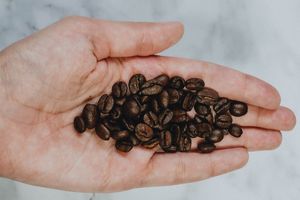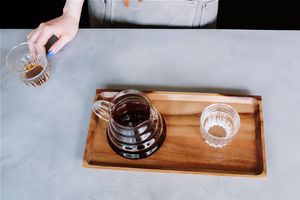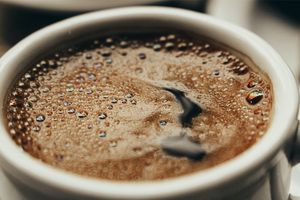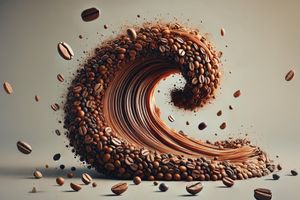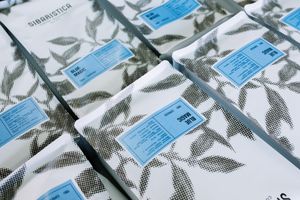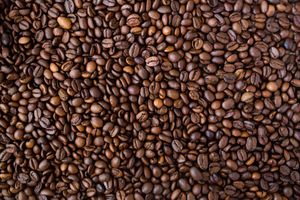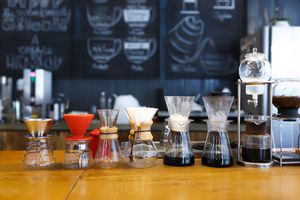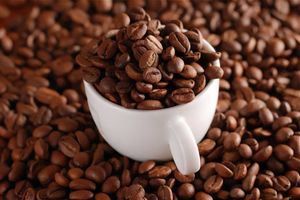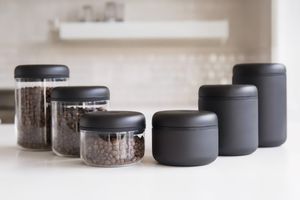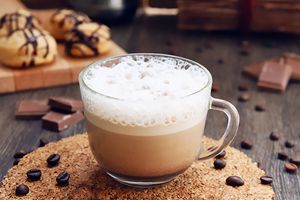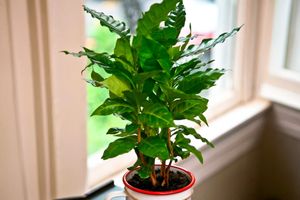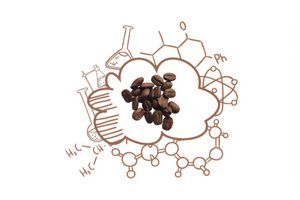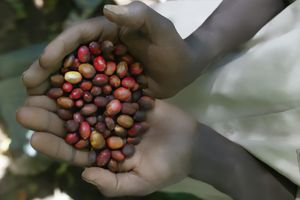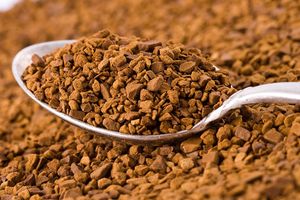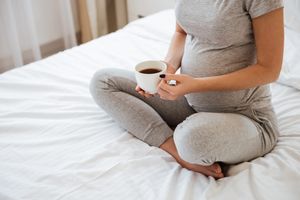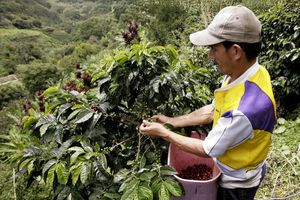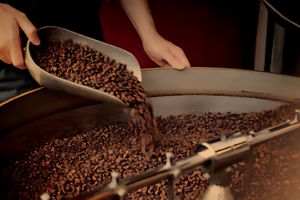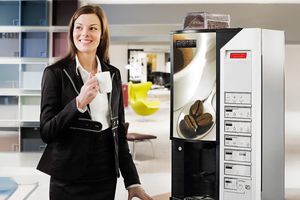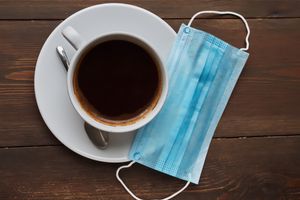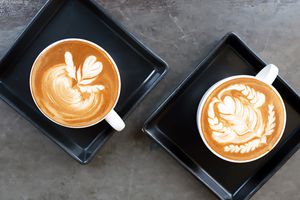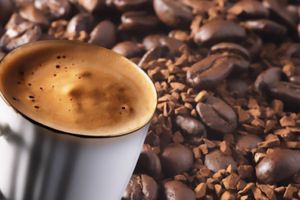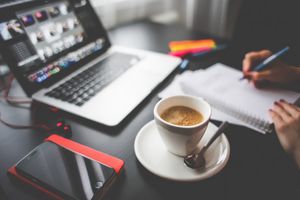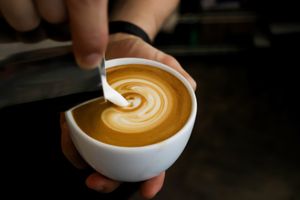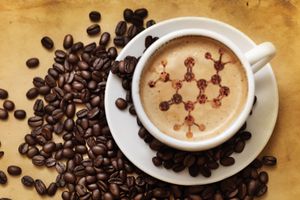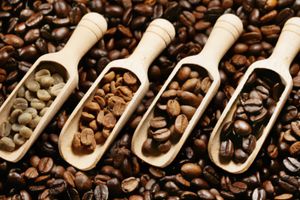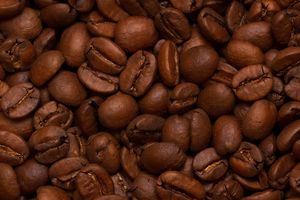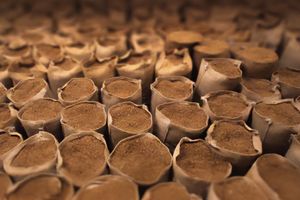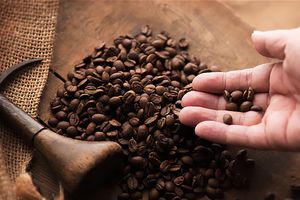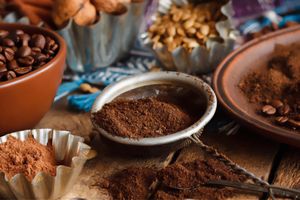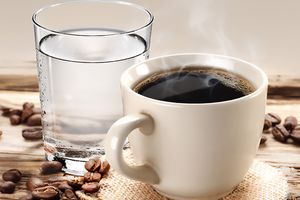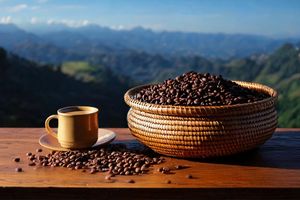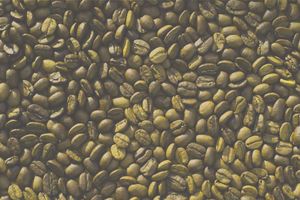What You Need to Know to Brew Coffee at Home Like a Barista?
Ever had this experience: the coffee at cafes is delicious and aromatic, but at home, it turns into a flat, bitter mess? I'm sure this may sound familiar. And it's not because the barista craft is immensely complex and incomprehensible. You just need to know a few simple tricks, which we will share with you.
1. Coffee
Ditch supermarket coffee! It sounds harsh, but it's worth it. The key to delicious coffee is its freshness. In supermarkets, coffee can be stored on shelves for up to 18 months (as per standards). But every barista knows that three months after roasting, the coffee is far from as bright and tasty. This is especially true for pre-ground coffee sold in packages. Always buy freshly roasted coffee from Ukrainian roasters. It's no worse than renowned international brands and, in fact, even better, fresher, and cheaper.
2. Coffee Grinder
If you enjoy coffee at home and it’s your favorite morning/daytime/nighttime ritual - get yourself a home coffee grinder.
There are many decent budget options on the market to suit all tastes. Why is this important? Coffee oxidizes within the first half-hour after grinding. Under the influence of air, all valuable aromatic and flavor compounds break down. Thus, the taste of coffee that is not freshly ground will not be as vibrant. Having a home coffee grinder allows you to experiment with grind size, various brewing methods, and more.
If you absolutely cannot afford a coffee grinder at home - here's a simple hack: store ground coffee only in the freezer. In cold conditions, ground coffee will retain its freshness and flavor for several weeks.
3. Water

Water is another key to flavor. Never use tap water - it’s too hard and not suitable for coffee. Buy bottled water with a high magnesium content - this will make your drink sweeter. If possible, install a home filter with a mineralizer. Coffee can't be brewed well with distilled water either.
Heat water in a clean kettle free of limescale, never boil water for coffee - the temperature should not exceed 97 degrees Celsius.
4. Scale
To make your coffee even better, use a scale. Any type will do: kitchen, jeweler’s, or special coffee scales. Proportions are very important in coffee making. The more control you have over all the variables, the better the drink will be.
5. Understanding Brew Ratio
Experts have long since established golden ratios for brewing coffee. For espresso, it’s 1:2 (1 part coffee to 2 parts water), and for alternative methods, 1:14.
This doesn’t mean you can’t experiment. Each coffee requires its own golden proportion.
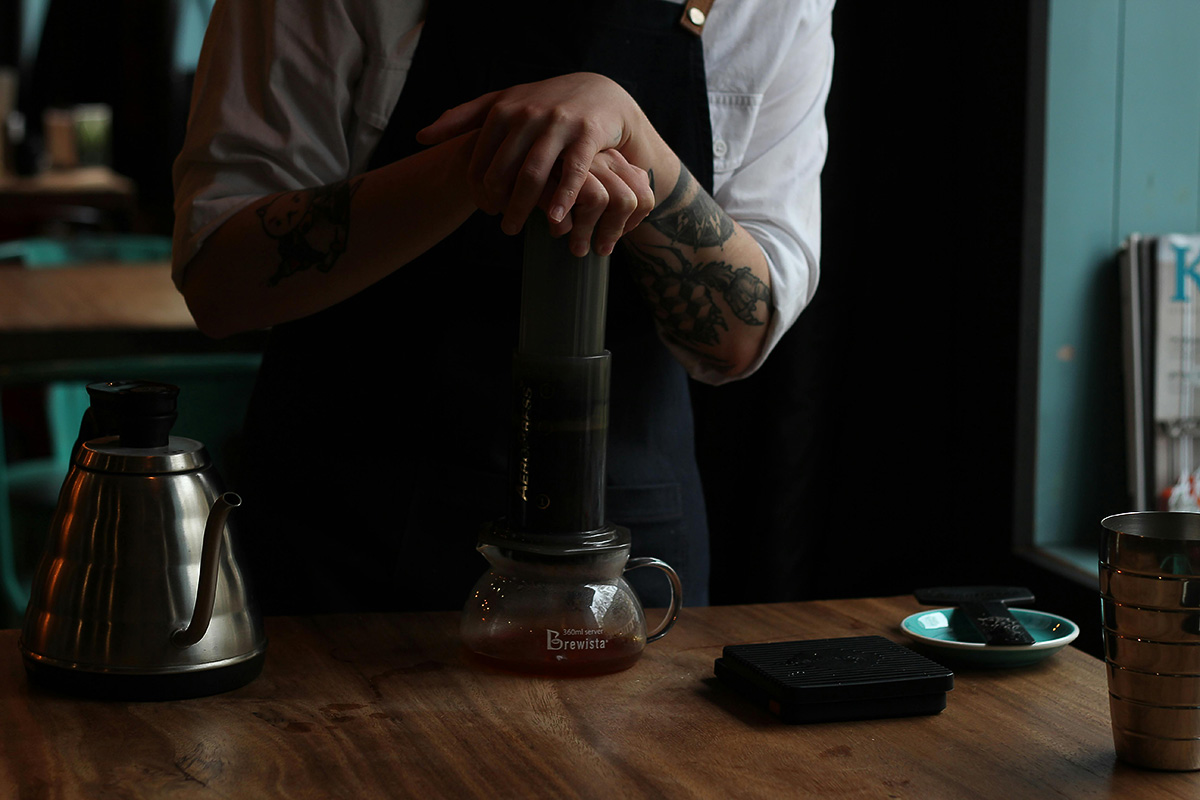
Baristas use a variety of gadgets in their work - scales, timers, kettles with precision spouts, thermometers, pH meters, etc. Of course, you might not want to fuss with all these at home, especially on weekends after a long work week.
If you can't be bothered to delve into all these coffee quirks - buy drip bags or get yourself a clever helper - a domestic coffee machine, a drip coffee maker, or a capsule coffee maker. Think about which drinks you’d like to enjoy at home - and make your choice based on that.
Conclusion
Coffee is an entire science. It might seem simple, but there's a lot to it. Baristas spend years perfecting their craft to delight you with tasty coffee. By the way, they love sharing their expertise. We also have a coffee subscription service that offers you 250g of coffee as a bonus! So don't hesitate to ask for advice from your favorite baristas - they will surely help and may offer a few hacks.
















